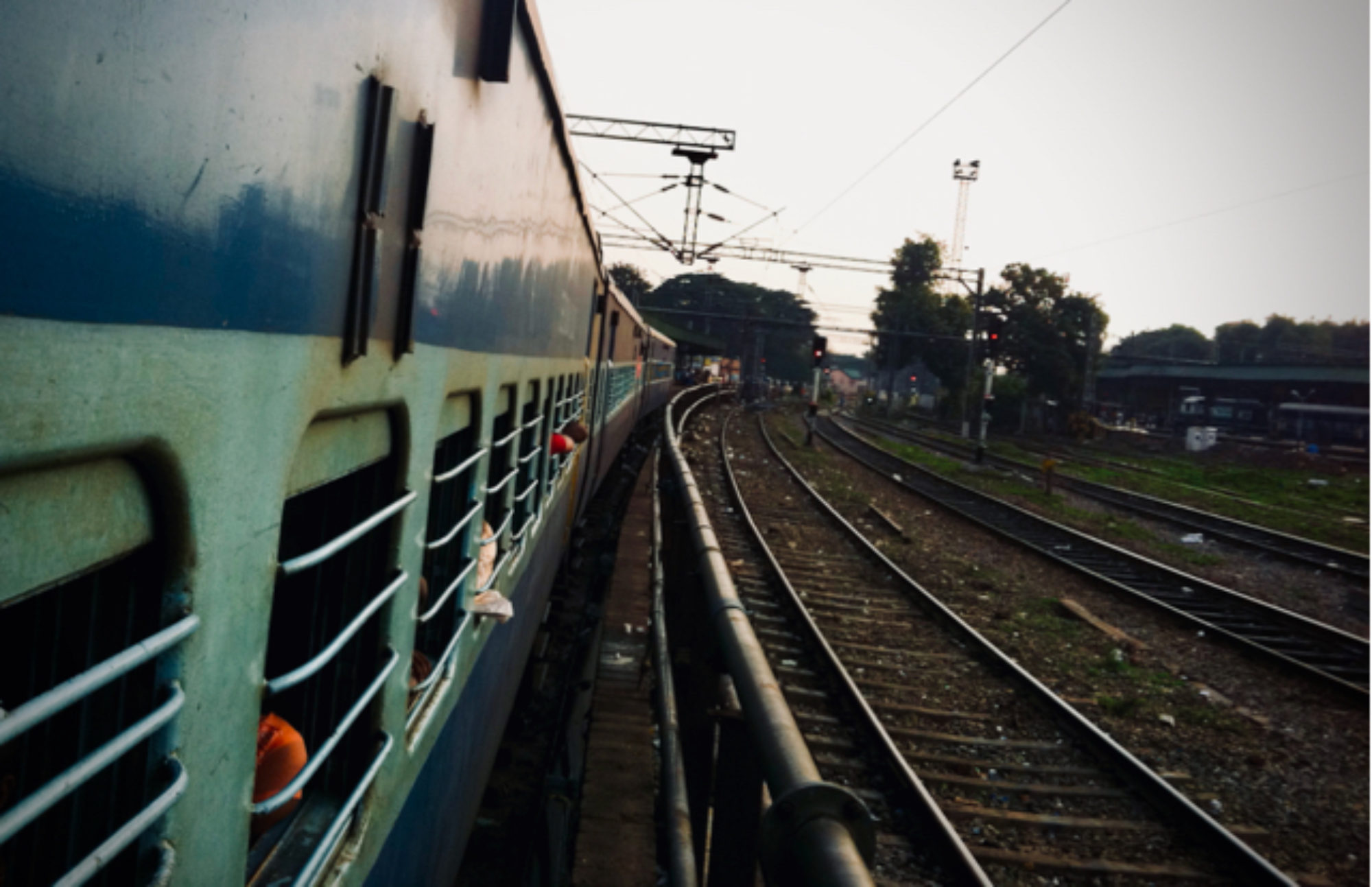You can’t invest in emerging markets without addressing financial inclusion. Between ICT innovations allowing for digital payments from pay as you go energy, financial inclusion is an effort we all must address in order to successfully create an impact.
The Next Frontier of Financial Services James Militzer on Next Billion
Financial inclusion efforts usually center around savings and credit, but Jeremy Leach, director of Bankable Frontier Associates, believes that insurance and microinsurance is the next frontier. According to Leach, microinsurance penetration rates vary from 2-10% of the population in developing countries. The low penetration can be attributed to the lack of incentives for insurers to go into the lower mass market and distribution challenges. A possible alternative to the traditional broker and agent distribution models is to leverage mobile operators, which already have massive scale in emerging markets where the majority of the population has access to cell phones.
Leach sees insurance as an enabler for core financial products, driving other services. There is currently a free insurance product in Ghana linked to savings where the more customers save, the more insurance they get, which has already increased savings by 19%. The same model could be used in the context of mobile airtime use. Insurance can be an enabler for access to credit, by mitigating risks, which results in broader access to financial services.
Cash Burns Your Pocket Leora Klapper on Next Billion
Digital payments reduce the cost and increase the security of sending and receiving payments, and, as a result, progress towards the goal of broader financial inclusion. G20 nations are increasingly focused on helping underserved markets participate in the financial system. Groups such as the Bill & Melinda Gates Foundation, the Better than Cash Alliance, and the World Bank Development Research group have partnered to highlight the potential of digital payments, starting by measuring the size and scope of the financial inclusion challenge. Findex data revealed that only 41% of adults in developing economies have a formal bank account, meaning 2.5 billion adults globally lack accounts. This portion of the population that is not participating in the financial system has difficulty saving, borrowing, and investing.
Digital payments offer immediate benefits for both senders and receivers. It’s cheaper to both send and receive money digitally than it is to handle cash. Digital payments also eliminate the need to spend time and money traveling to a bank in an urban area. Eliminating the need to travel long distances with cash makes digital payments safer as well as cheaper. The Gates Foundation report containing studies performed in India, Niger, South Africa, Mexico, Brazil, El Salvador, Bolivia, Peru, the Philippines, Malawi, Kenya, Rwanda, Nepal, Mozambique, and the US illustrates the benefits of digitizing payments both as a way to make payments more efficient and as a step towards the larger goal of financial inclusion.
Using Mobile Money to Buy Water and Solar Power in East Africa Rachel Banning-Lover on the Guardian
Mobile phones continue to facilitate access to utilities such as solar home systems in poor rural communities. Purchasing solar home systems from companies like Mobisol or our own Simpa Networks under incremental payment plans acts as an entry point to mobile banking for many citizens. In the case of Mobisol, covered recently in the Guardian, customers sign an agreement that allows Mobisol to store their data, including credit history, so they can track exactly how much has been paid. The increasing adoption of mobile money across East Africa along with increasing access to customer’s financial information has opened the door for other start-ups to begin to fill in the gap in service provision to poor communities. Gurdfos Lifelink (GLL) is providing water management solutions to communities across rural Africa, where 50,000 water supply points have failed, by fixing the water price within the system and allowing customers to pay without cash.
New Here?
- Learn about what we do.
- Follow us on Twitter.
- Like us on Facebook.
- Join us on LinkedIn.
- Add us on Google+.
- Sign up for our mailing list.
- Catch up on past Weekly Reviews.
- Fundraising for a mobile tech, alternative energy, or ag tech startup? Apply.

